Eleven crocodiles are among the “dangerous” animals being kept as pets across Tayside and Fife.
Newly released data from the charity Born Free says 150 wild animals are being kept privately by people across Scotland.
This includes 11 crocodiles in Angus, a Savannah cat in Fife and wild horses in Perth and Kinross.
The exact locations of the unusual pets have not been revealed.
Pet licences are vetted and authorised by councils and bound by the UK Government’s Dangerous Wild Animals Act.
Potential new owners are required to fill in an online form and pay a £62 licence fee.
Those without a licence can face fines of up to £2,000.
Full list of ‘dangerous’ pets in Tayside and Fife
The following dangerous animal licences are in place across Tayside and Fife:
Angus
- Crocodiles: 11
Perth and Kinross
- Bison: 8
- Przewalski’s horses: 4
- Moufflon (wild sheep): 40
Fife
- Savannah cats: 1
Animals being kept elsewhere in Scotland include alligators in Clackmannanshire, a diamondback rattlesnake and a monocled cobra in Aberdeen, and camels in Dumfries and Galloway.
Born Free is calling for the UK Government to reform legislation that allows ownership of wild and dangerous animals as pets.
The organisation also wants tighter control on what licenses are permitted.
Dr Mark Jones, head of policy for the charity, says the number of wild animals being kept as pets is “unbelievable”.
He added: “Increasing demand for and trade of wild animals as exotic pets puts owners and the public at risk of injury or disease.
“It also results in serious animal suffering, and the demand increases the pressure on many wild populations which are often already under threat.
“The UK likes to claim to be at the forefront of efforts to protect nature and improve the welfare of animals.
“Yet our legislation governing the keeping of and trade in exotic pets is woefully outdated.
“The Dangerous Wild Animals Act should be overhauled as a matter of urgency.”
A Department for Environment, Food and Rural Affairs spokesperson said anyone wishing to keep an animal under the Dangerous Wild Animals Act must be vetted and apply for a licence which sets out conditions on caring for the animal.
They added: “We keep this legislation under regular review to ensure it remains effective in keeping the public safe.”
They said the UK Government increased the maximum prison sentence for animal cruelty to five years in 2021.
They added the UK Government is currently bringing forward legislation to prohibit primates being kept as domestic pets.
The legislation will create a new licensing scheme setting stricter rules for private owners.
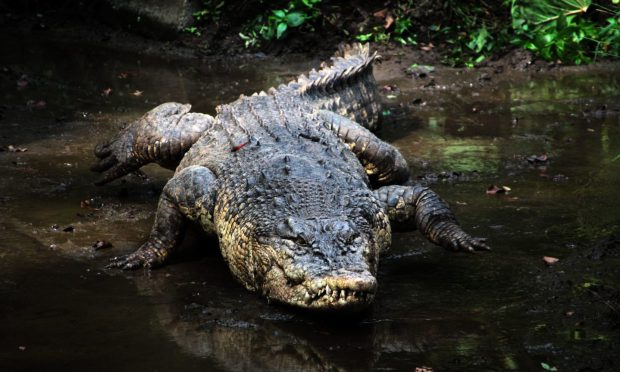
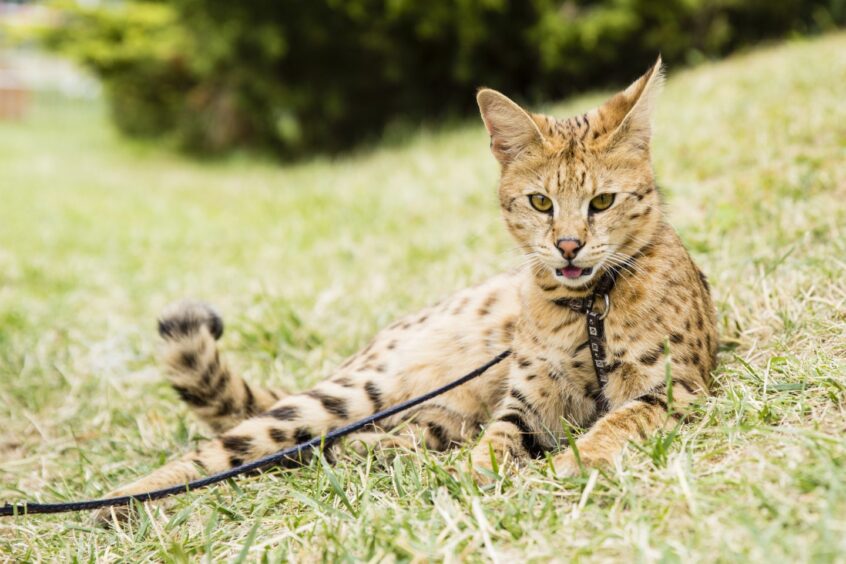
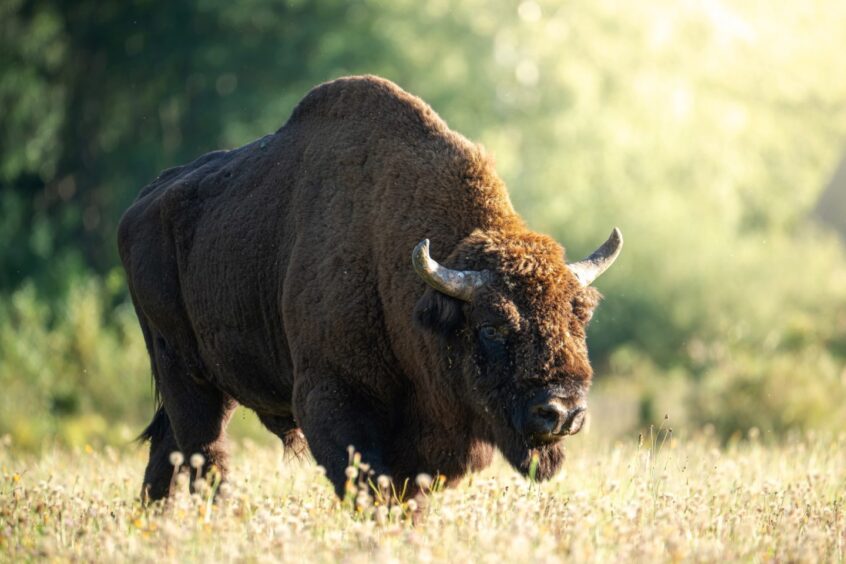
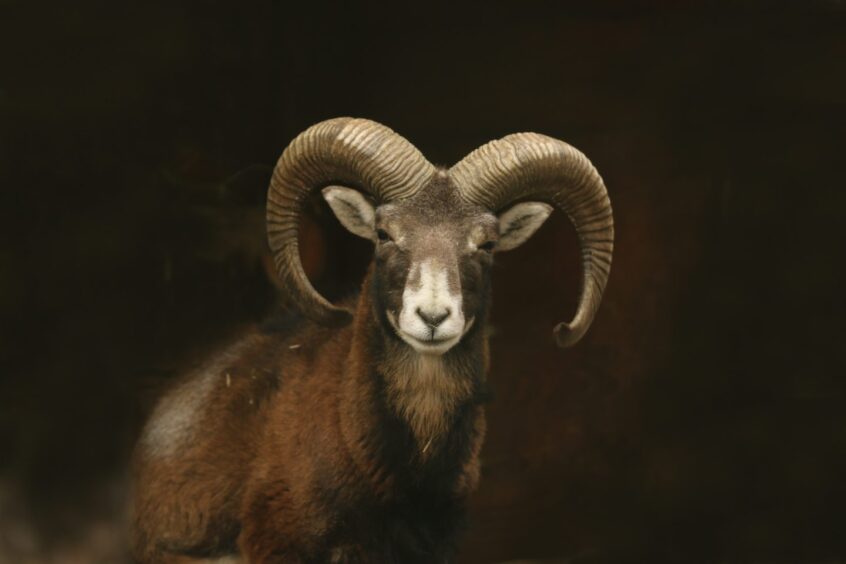
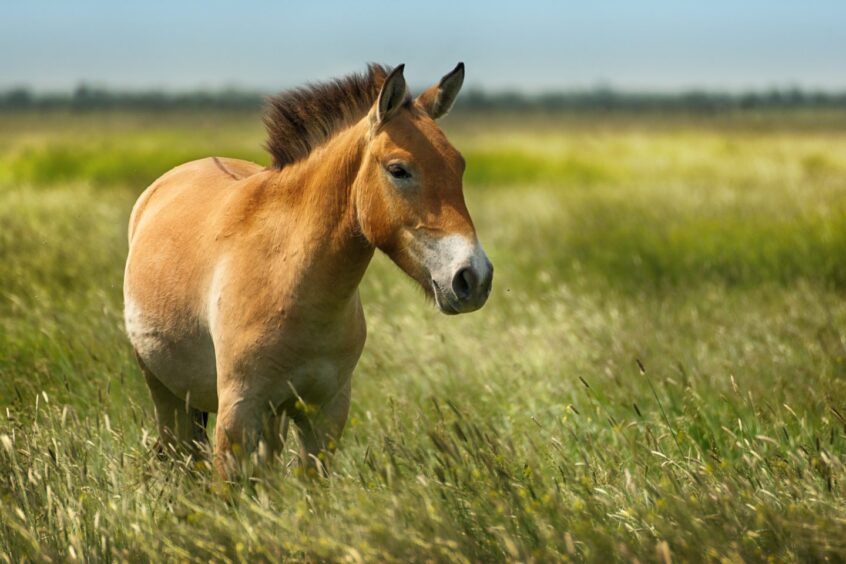





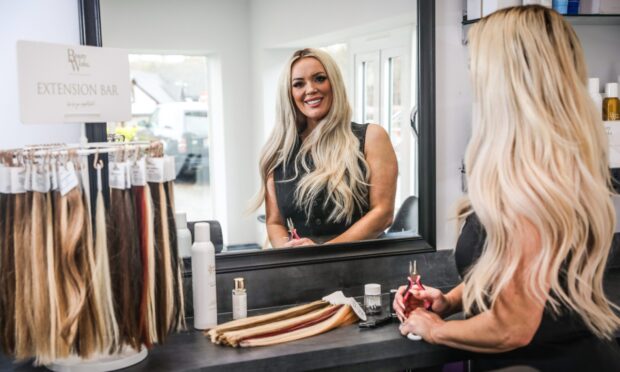

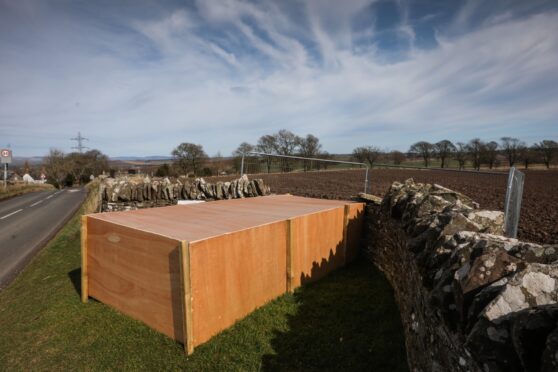

Conversation